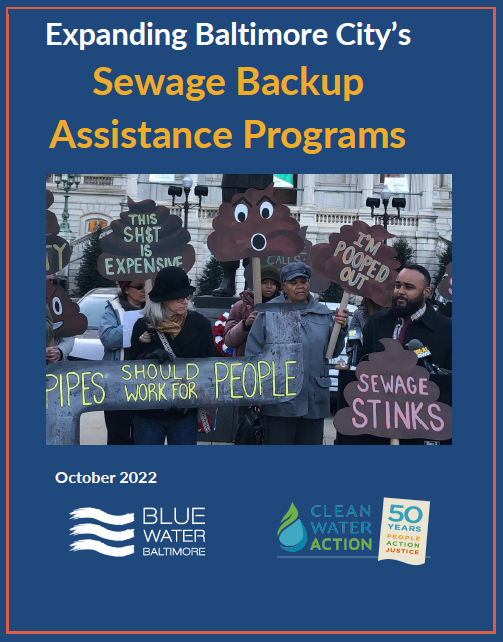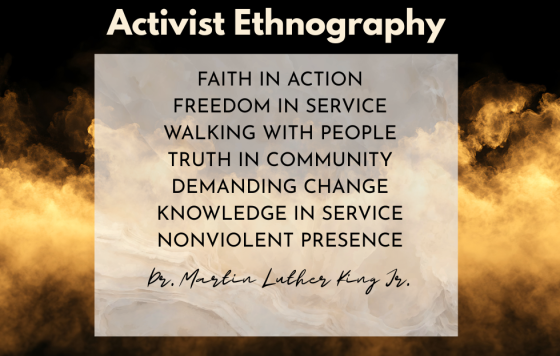
Next week on Wednesday, the Baltimore City Council will be holding a public hearing on sewer backups into homes and the City's existing programs for helping households that have sewer backups. This week, we published a new report with Blue Water Baltimore making key recommendations for improving and expanding these programs. Read the report here, and join us at the City Council hearing next Wednesday to speak out for better support for households facing sewer backups!
WHAT: Health, Environment, and Technology Committee Hearing
WHEN: Wednesday October 12th @ 10AM
WHERE: Baltimore City Hall (100 Holliday St) or virtually
BY WEBEX: https://bmore.webex.com/bmore/j.php?MTID=m99b519054ce365a9bc18d14994298970
BY PHONE: +1-408-418-9388, Access Code: 2340 976 6065
RSVP here!
Why is this hearing important? Last year, we worked with Councilman Burnett to request a report from DPW to review the City's two existing programs for helping households with sewer backups (the Expedited Reimbursement Program, or ERP, and the Sewage Onsite Support program, or SOS) and analyze the feasibility of expanding them. In that report, DPW outlined how few people are currently being helped by these programs - which are limited to only sewer backups caused by wet weather, not infrastructure failures, clogs, or "fatbergs" - but recommended against expanding the programs. That's a big problem, because we think the data shows just how much the programs need to be expanded.
That's why we published this report. We used the data in DPW's report to make some key findings:
- Only a small fraction of households with wet-weather sewage backups caused by conditions in the public system - those that should be eligible for assistance under the existing rules - applied for reimbursement through the ERP program or were offered cleanup assistance through the SOS program. In 2021, 78% of potentially qualifying households neither applied for the ERP nor were offered assistance through SOS.
- The new SOS program is more effective than the ERP, averaging 1.5 households per month to the ERP's 0.17-0.75 households per month - but the ERP offers an important stopgap for households who aren't offered assistance through the SOS when they may have qualified.
- Far more backups occur during dry weather than wet weather, meaning that the majority of households experiencing sewer backups through no fault of their own are not able to get assistance from the city. In 2020, DPW found that 371 backups were caused by conditions in the main sewer line during wet weather, while 1,563 occurred during dry weather.
From these findings, we made six key recommendations. We argue the City should:
- keep offering both the Expedited Reimbursement Program and the Sewer On-site Support program.
- expand both to cover all backups caused by conditions in the public sewer system, in both wet and dry weather.
- improve the implementation of both programs, focusing on increased advertising/outreach and 311 operator training.
- improve the ERP by removing the arbitrary $5,000 cap on reimbursement and providing reimbursement for both property loss and cleanup costs.
- improve the SOS by providing more protections for residents' property.
- proactively use its Hydraulic Model to identify households that may have experienced qualifying sewer backups, even if those residents haven't reported a backup to 311.
To turn these recommendations into reality, it will take people power! Sign up to attend the hearing, and help us spread the word on Facebook and Twitter. And if you can testify (virtually or in person) at the hearing or submit written testimony, please do - the Council hearing stories and personal recommendations will be key to improving and expanding assistance for sewage backups.


